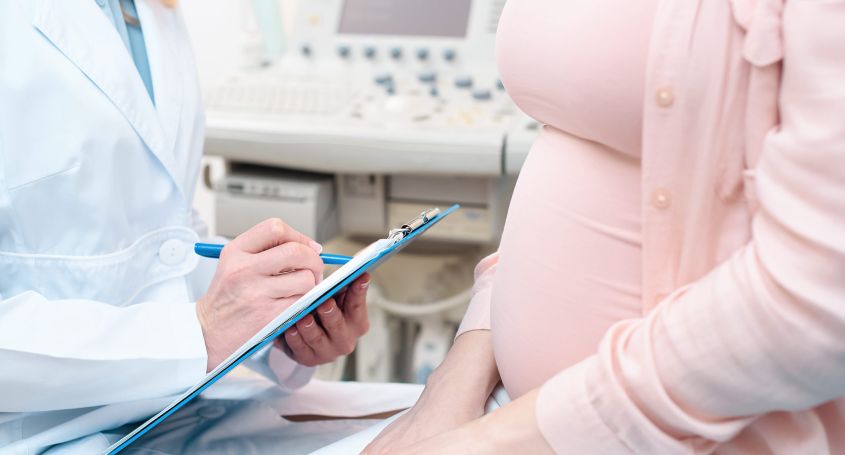In Spain, one of the leading countries in reproductive medicine, 9.5% of births in 2019 resulted from assisted reproduction techniques. Although the success of fertility treatments is a reality, there are still many doubts surrounding the risks involved or when to seek assisted reproduction. Here are the most common doubts associated with fertility programmes.
Is there a limit age at which children can be conceived?
The menopause marks the end of a woman's fertile period. After the age of 45, a woman's ovarian reserve is practically exhausted. In addition, the recommended age for motherhood is between 22 and 30 years of age, when maximum fertility is reached.
Nowadays, it is common to postpone motherhood past the age of 30. In these cases, egg vitrification offers considerable advantages since, having frozen oocytes at the stage of maximum fertility, allows you to become a mother in later years without worrying about a low ovarian reserve.
Advantages and disadvantages of assisted reproduction?
The first advantage is undeniable: it allows people who, for various reasons, would not be able to have children naturally. Moreover, the risk of genetic diseases can be reduced thanks to the selection of embryos.
The downsides are the financial investment, the physiological distress caused in some cases, and the potential risks associated with the treatments.
What are the risks involved in assisted reproduction?
Like any medical intervention, assisted reproduction involves certain risks.
However, fertility treatments methods are considered to be safe. This is thanks to the constant improvement of the procedures and the technology used. One of the most common, though rare, complications is ovarian hyperstimulation syndrome. This syndrome arises from the excessive response of the ovaries to the medication used for ovarian stimulation.
At Barcelona IVF we carry out individualized protocols aimed at avoiding this risk. On the other hand, multiple pregnancy - the probability of having twins - was another risk associated with assisted reproduction treatments. However, nowadays, a single embryo is usually transferred and this risk is avoided.
How many artificial inseminations can be done?
They can be repeated in each cycle, just as in natural cycles. There is no need for a month's break to improve success rates. On our website you can see the pregnancy rates obtained by this technique, how it works and the price of artificial insemination .
Do beta-HcG hormone levels vary in a twin or multiple pregnancy?
Yes, beta-HcG levels are elevated in these cases. As a result, the symptoms may also increase.
When should I go to a fertility clinic?
We recommend that you visit a fertility clinic if you have any doubts about your fertility. On the other hand, in general terms, women over 35 years of age with regular menstrual cycles who have not achieved pregnancy in less than a year are also recommended to consult a specialist. For women in their 40s, it is advisable to visit a fertility clinic approximately 6 months after the initiation of the attempt towards pregnancy.
It is important to remember that the male factor is also relevant when it comes to achieving a pregnancy so, in the case of a heterosexual couple, we should carry out a fertility assessment on both members of the couple.
If you have any doubts, contact us!















